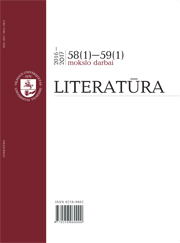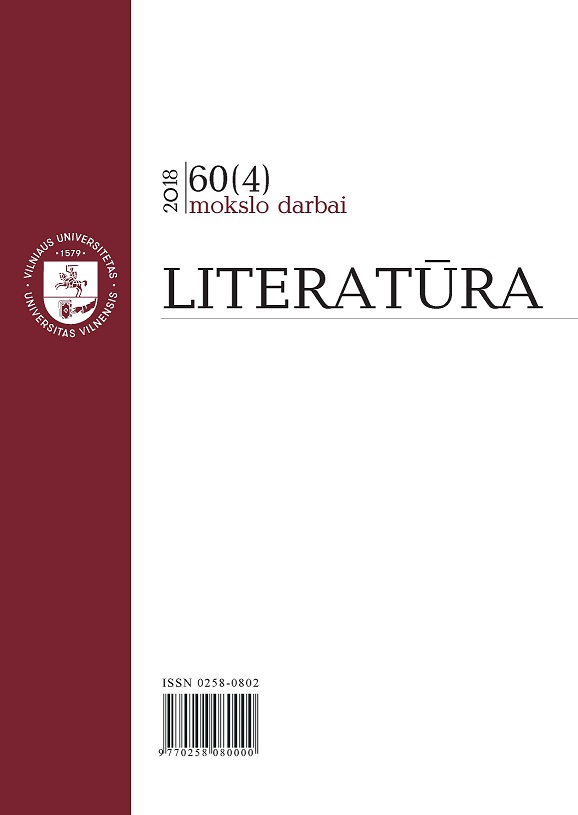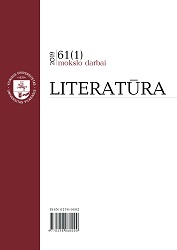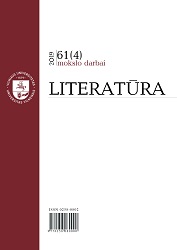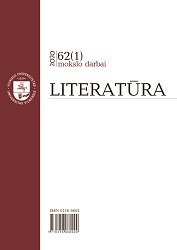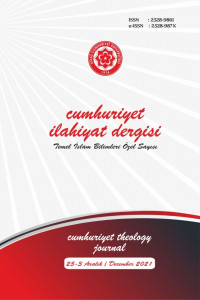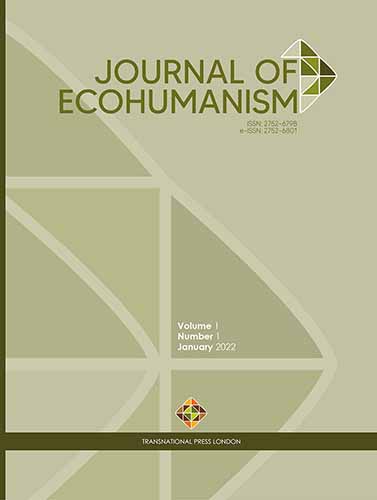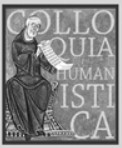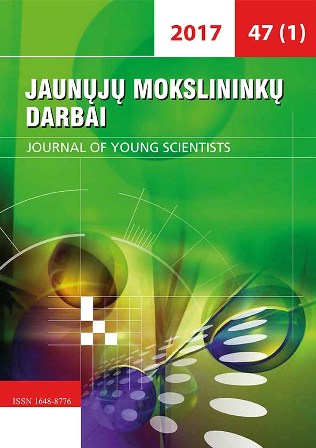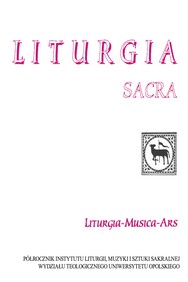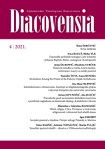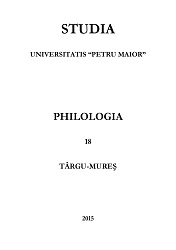Author(s): Yusuf Acar / Language(s): Arabic
Issue: 3/2021
Each narration or text, as it informs about an event, situation or person in history, has a history that sheds light on both its formation and how it arrived to us. The illumination of this history is at least as important as the content analysis of the information. For this reason, it is necessary both to examine whether the source in which the information is given has survived to the present day as it was created by the author without being exposed to any external intervention, and to analyze the narration in terms of reliability and indication within the integrity of the isnād-text. In that case, when the word “text criticism” is mentioned, an understanding of a specific criticism should come to mind, which includes both critical edition (scholarly editing) of the first source and the critique of the narration by making sound research in terms of isnād and literary criticism (naqd al-isnād wa-l-matn). Due to reasons such as the inability to follow a standard method, the limited number of the copies and/or the distance of the copies from the author in terms of history and commercial concerns, many classical works published with relative verification contain such errors require a re-examination. One of these works is Ibn Hibbān’s (d. 354/965) book al-Majrūhīn. In his work al-Majrūhīn, Ibn Hibbān divided the narrators into two groups according to their reliability and collected the ones that he determined as weak according to his opinion. In this work, he placed Abū Ḥanīfa (d. 150/767) at the top of the list. First, he denounced Abū Ḥanīfa with the following expressions: Sahib al-ra’y, child of slaves, bicker, hypocrite, had little knowledge of hadith, a Murji’ī propagandist, a narrator who was blamed by imams. Then he tried to justify these claims by about thirty narrations from various salaf scholars. These narratives are completely different from the largely intellecutal discussions and criticisms of scholars such as al-Awza'i (d. 157/774), Ibn Abī Laylā (d. 148/765) and Ibn Abī Shayba (d. 235/849) on Abu Ḥanīfa and his school. The narrations compiled by Ibn Hibbān are display insulting and polemical narrations against Abu Ḥanīfa’s personality and reliability. In terms of being a source for later periods, it is important to examine and criticize these narratives in terms of the narration techniques. The al-jarḥ wa-l-taʿdīl is important part of the hadith science. al-Mejrūhīn, one of the leading works of this science is remarkable in many respects. According to this narration Abū Ḥanīfa Nuʿmān b. S̱ābit b. Zūtā b. Māh’ın (öl. 150/767) said, "If a man worships this mule to get closer to Allah, I see no harm in it." According to our analysis, there are the following determinations about the narrators in the chain of this narrative. Ibn Abī Mushir is unknown (majhūl), the narrator who is written as “Mahfūz b. Abī Savba” but his correct name is “Tawba” is matrūk. Ahmad b. al-Walīd al-Mahramī al-Karkhī is weak, and Yahyā b. Hamza, source person, is qadari who narrates from people with munkar al-hadith; but is also considered as a thiḳa narrator. As for Sa‘īd b. Abd al-Azīz, he has nothing to do with the reception and transmission of the narrative. In addition, there is also a break in the chain. First of all, what is expected from a basic work such as al-Majrūhīn, whose subject and purpose is purely a narrator analysis, is that the report in it should be acceptable, at least in terms of isnād . When the narrative in question, which is also included in earlier sources such as alFesewī (d. 277/890), is evaluated in terms of both the isnād and the text, one realizes the transformation of an expression circulating in the form of gossip against Abu Ḥanīfa in Damascus around the subject of ʾirjāʾ. ʾIrjāʾ was at the forefront of the heated debates in the second half of the second century into semā form in terms of isnād and text, besides, the word النعل/clog is transformed into البغل/mule. Apart from the weak points of the chain, Sa‘īd b. Abd al-Azīz, who has nothing to do with the reception and transmission of the narrative, has also been turned into the narrator/source of the report with the samā expression. Regardless of the purpose and the criteria of the narration technically, during the conversation with Sa‘īd, Yahyā b. Hamza’s sincere friend and teacher, a special speech in which a common report attributed to Abu Ḥanīfa was expressed, was transformed into Yahyâ’s samā‘ in the form of jazm. As a result, the word “shoe” or “clog” has evolved into mule. It would be a reductionist and over optimistic approach to assume that all this may have resulted from tashīf and tahrīf of the copyists. The narration we discussed is a typical example in terms of showing the effect of the conflict of ideas between Ahl al-Hadīth and Ahl ar-Ra’y on the narrations. Of course, this shoud be not regarded as the only example.
More...
